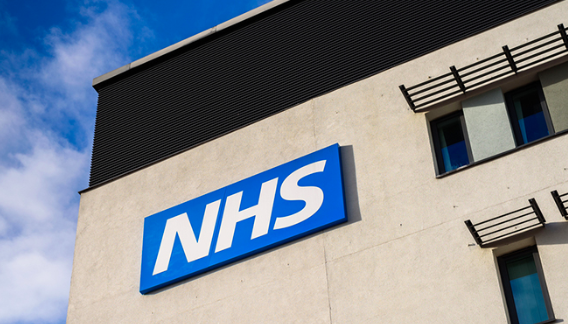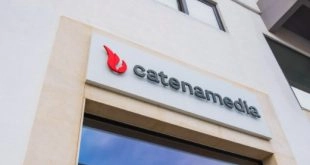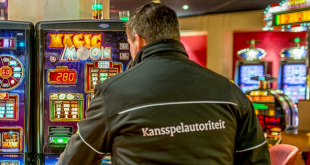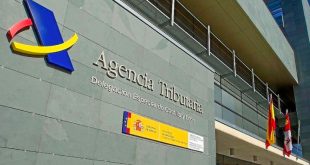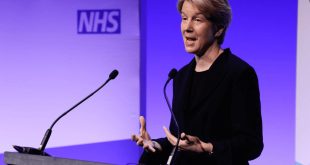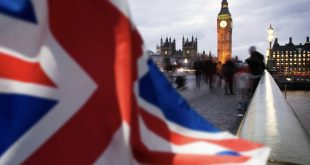Industry leadership and social responsibility advocates should be concerned at the NHS’ cold stance on Safer Gambling Week. Regulus Partners acknowledges the safer gambling initiative’s obvious flaws but states that it should not be discounted as virtue signalling by betting operators.
_________________
The NHS’s decision to criticise ‘Safer Gambling Week’ reveals much about the challenges facing the National Strategy to Reduce Gambling Harms.
The strategy has its shortcomings – but it is at least built upon the idea that progress is to be attained through a bringing together of the organisations best-placed to address harms. The NHS is clearly one of these but seems to make a virtue of signalling a preference for its own company.
In recent weeks, it has been openly critical of the work of other treatment providers, the Gambling Commission and Public Health England; and this week it took aim at Safer Gambling Week.
The problem with Safer Gambling Week maybe that it is positioned as a consumer-facing event, and it is questionable how effective such campaigns are likely to be in changing behaviour (a robust and transparent system of evaluation would make this clearer). The initiative, however, includes a wide range of internally-focused events which would seem to present an opportunity for those who bemoan (with some justification) an insufficiently responsible industry culture.
Others suggest that every week should be ‘safer gambling week’ – a fair point but one that could equally be applied to other awareness events, such as ‘Anti-Bullying Week’ (which, aptly enough was also held this week). Awareness events are used to support year-round activities; not to justify neglect or amnesia on the other 364 days or 51 weeks of the year. There are good reasons why we don’t have awareness years.
As Williams et al (2012) pointed out, effective harm prevention derives from a wide range of sequenced and coordinated activities: “there is almost nothing that is not helpful to some extent and, conversely, there is almost nothing that by itself has huge potential to prevent harm…Even the less effective initiatives may change the behaviour of a few individuals, lay the foundations for later behaviour change, or contribute to the effectiveness of other initiatives.”
The “only caveat to this ‘everything is helpful’ notion concerns situations where the presence of weak initiatives is deemed sufficient, thereby impeding the adoption of more effective ones”. It is abundantly clear that Safer Gambling Week has not been “deemed sufficient” to prevent the implementation of more effective harm prevention measures – or indeed that this is the motivation for the majority of organisations who take part.
The question therefore has to be whether the NHS’s attempts to undermine the initiative results in a net positive or net negative situation; and whether critically constructive involvement in the process might not lead to better outcomes. Its preference for adopting publicly antagonistic positions does little to support the contention that the NHS is best-placed to play a coordinating or leading role in the national effort to tackle gambling-related harms.
UK: Covid-19 policy responses – sports lifeline for the try line
Last week, DCMS announced its ‘winter support package’ for domestic sports across England affected by the ongoing COVID pandemic. The funding is largely comprised of loans available up to the value of £300m, broken down in varying amounts depending on each individual sport’s assessed need.
The greatest beneficiary is Rugby Union, a sport already hit hard by the pandemic – both in terms of a lack of spectators in stadiums, and the initial inability to even have training, let alone matches, due to the close contact nature of the game, is allocated £135m. There is also £12m for Rugby League, similarly affected, but with fewer fixtures.
Football, at the lower National League level and below is set to receive £28m, a sum which is in addition to the £10m funding by the National Lottery – the sport’s ‘self-help’ package from the Premier League to lower levels having taken some pressure off grassroots funding (see last week’s WP).
Racecourses also have £40m on offer to help offset losses as a result of operating behind closed doors since the sport resumed in June. Other sports have smaller amounts of assistance on offer including £6m for motorsports venues, £5m to the Lawn Tennis Association and £1m to Greyhounds. The loans and funding will be assessed through an independent board supported by Sport England.
This support package, reportedly the most generous for any sports sector in the world, is a welcome boost to sports already desperately in need. Rugby Union has been struggling financially for a while, and was predicting losses for the next four years anyway (due to the costs related to the 2019 RWC campaign) before reported losses of £15m between March and June this year due to cancelled fixtures.
Rugby Union is also more International, apex-event and attendance driven than other major sports: its fragility has been well recognised by its 45% rescue package share despite generating only 6% of major GB sports attendance.
For most ‘elite’ sports it has been business as usual for participants, with many only missing a small part of the fixture calendar before being able to resume, albeit with the significant financial (as well as entertainment and psychological) impact of no spectators (far less financially relevant where media rights are a big driver). In all sports, it is the elite end of the activity spectrum that can pull in crowds, but often the elite end which can adapt and survive better than grass roots (which typically measure £’00s and £’000s, not £ms).
A key test therefore is that government generosity is matched by an understanding of social good as well as immediate profit impact from the potential recipients. On the one hand, uncertainty potentially extending into the Spring is a terrifying cash flow prospect for many large venues and their owners – but if this is to be assuaged by access to £ms, then looking after grass roots participants as much as possible might be the deciding factor in whether the government and the public sees the emergency response as effective crisis management or a bung to be clawed back with interest.
__________________
Article edited by SBC from Winning Post Friday 20 November 2020 (click on the logo below to access a full unedited version)
